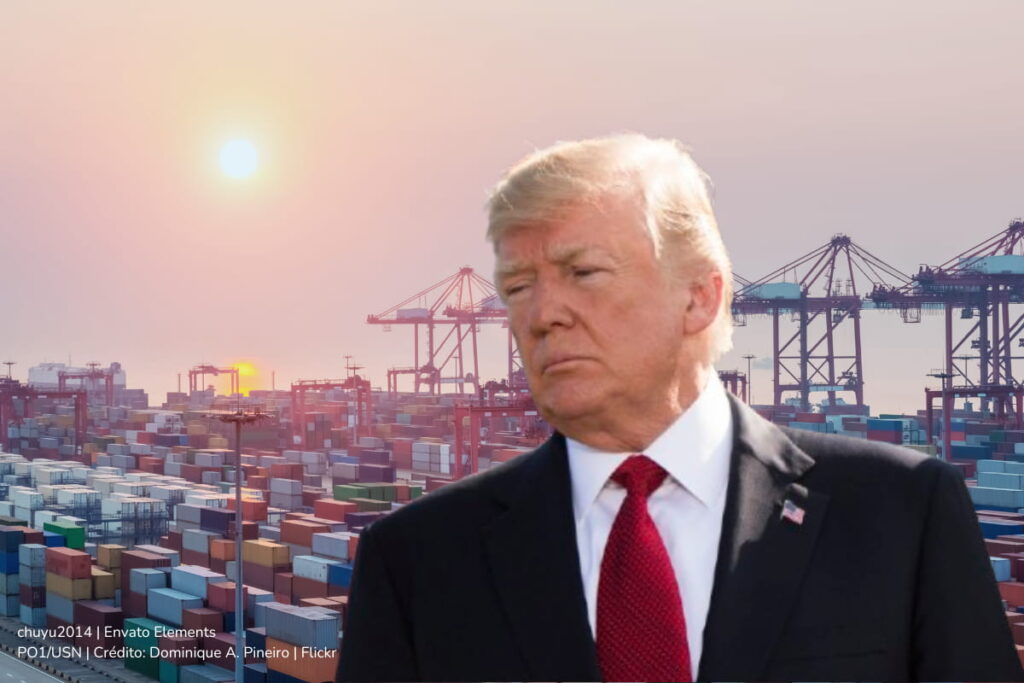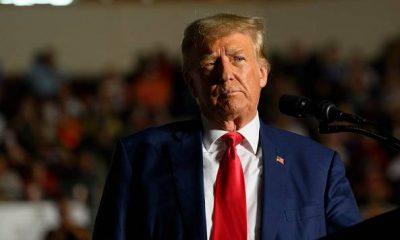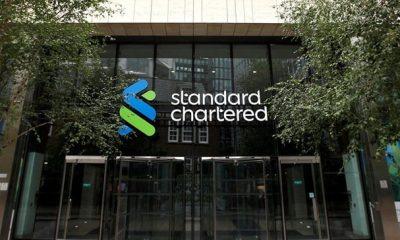Business
South Africa Faces Economic Blow as Trump’s Tariffs Disrupt Trade

US President Donald Trump’s latest tariff escalation has placed South Africa in a vulnerable position, with a 30% tariff on exports to the United States. While framed as a move towards “fair trade”, these reciprocal tariffs could destabilize key industries, reduce foreign investment, and worsen economic growth prospects.
How Trump’s Trade War Affects Global Supply Chains
The sweeping tariff hikes aim to mirror the duties imposed on US exports, but the execution has created major imbalances. Some countries face tariffs as high as 50%, causing trade disruptions and uncertainty for businesses worldwide.
For South Africa, the 30% tariff is significantly higher than the 10% levied on Brazil, making the country’s exports less competitive. This raises concerns over trade diversion, where US importers may shift their sourcing to countries with lower tariffs, further impacting South Africa’s economy.
Which South African Sectors Are Most at Risk?
South Africa’s key export industries face immediate pressure:
-
Agriculture: Higher tariffs could reduce demand for South African citrus, wine, and other agricultural products in the US market.
-
Manufacturing: Increased costs may weaken South Africa’s ability to compete globally.
-
Automotive: Car manufacturers that export to the US could struggle with higher tariffs, potentially leading to job losses.
The disparity in tariff rates raises questions about the rationale behind these decisions and whether they are politically motivated.
The Bigger Picture: Economic Growth and Investment Risks
Beyond direct trade impacts, these tariffs could deter foreign investment in South Africa. Investors seeking stable trade environments may opt for countries with more predictable trade policies, affecting long-term economic stability.
Economists warn that South Africa’s GDP growth could slow even further as a result of these tariffs, exacerbating existing economic challenges.
Can South Africa Avoid a Full-Blown Trade War?
To mitigate the impact, South Africa must take proactive steps, including:
-
Negotiating fairer trade terms through diplomatic engagement with the US.
-
Diversifying export markets to reduce reliance on American trade.
-
Strengthening regional trade ties within Africa to boost intra-continental commerce.
-
Addressing infrastructure bottlenecks to improve global competitiveness.
Final Thoughts
The timing of these tariff hikes adds further strain to South Africa’s already fragile economy. While the Trump administration argues that these measures are about leveling the playing field, they could trigger retaliatory actions and escalate into a full-scale trade war.
South Africa now faces a critical moment—either push for diplomatic solutions or risk deeper economic damage.
What do you think? Should South Africa retaliate or seek new trade partners?
{Source IOL}
Follow Joburg ETC on Facebook, Twitter , TikTok and Instagram
For more News in Johannesburg, visit joburgetc.com



























